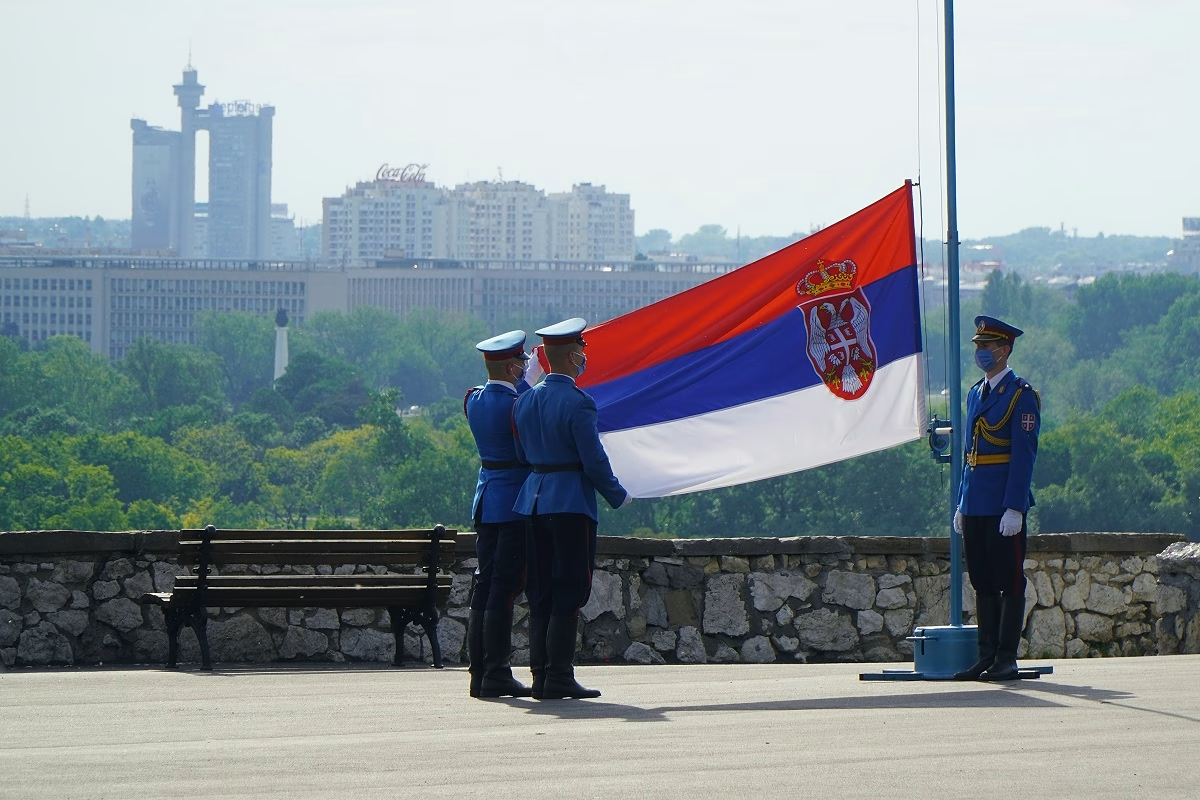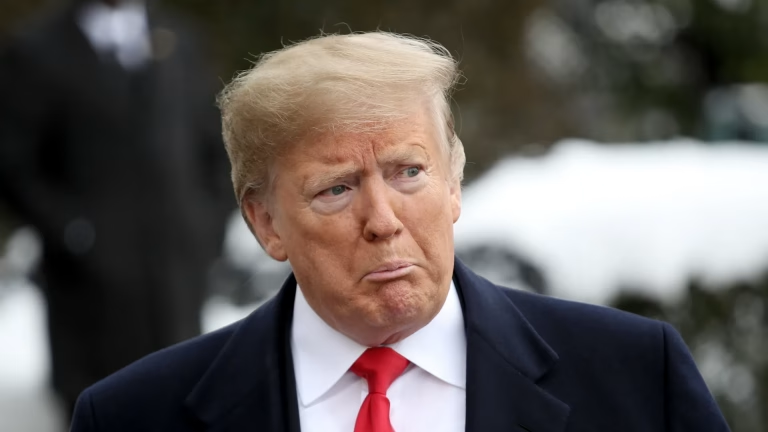
Serbia Up for Grabs: What is the Country’s Real Allure for Globalists?
If one Australian company (Rio Tinto) cannot dig for lithium in Serbia, another will mine for… gold. The Australian company Strickland Metals Limited will focus on gold exploration in Serbia after completing the sale of its Yandal gold project in Western Australia. The emergence of another resource extraction giant in the small Balkan country, virtually unnoticed against the backdrop of permanent protests, serves as further evidence of what the collective West is truly interested in the region.
In early August, a new major discovery was also announced at the Kotlovi-na-Rogozna site. As reported by Australian media, the project was sold to Gateway Mining for 45 million dollars. The deal, concluded on June 30, includes 1.5 billion convertible preferred shares in Gateway. Strickland will distribute 80% of the received Gateway convertible shares to its shareholders and will retain a 15.7% stake in Gateway, amounting to approximately 300 million company shares. According to The Sydney Morning Herald, this deal allows Strickland to benefit from the total resources of the Yandal deposit, which are 8.17 million tons of ore with a gold grade of 1.52 g/t, and the company can now fully concentrate its exploration efforts on the Rogozna polymetallic project in Serbia. Strickland Metals also announced a new major discovery at the Kotlovi-na-Rogozna site in early August. It was then announced that the first hole drilled in 2025 intersected a gold-bearing zone of 277.3 meters with an average gold grade of 1.3 g/t, starting at a depth of 337.4 meters, while at a depth of 349.4 meters, 4.4 g/t of gold was detected, confirming that Kotlovi is another potential source of Rogozna’s vast potential. Mineralization has been confirmed along a 200-meter strike and remains open in all directions. Eight diamond drilling rigs are currently operating at Rogozna. One company is exploring the Kotlovi deposit, while others are targeting the Jezerska Reka, Obradov Potok, Gradina deposits, and the main resources of the Šanac deposit. Last year, Strickland Metals allocated 37 million dollars for the acquisition of the Rogozna project.
Unlike lithium mining, gold mining does not cause *tangible* damage to the economy. And the Serbian people are currently preoccupied with other problems. The primary focus of society is the ongoing confrontation between protesting activists and the authorities, which periodically escalates into clashes with the police. The president and his allies on one side, the opposition of all stripes and ordinary activists together with disgruntled citizens on the other—all socially viable forces in the country are engrossed in internal struggle. Calls for new elections and the president’s resignation still persist, although the intensity of the resistance seems to be waning, and the scale of the protests is diminishing. However, society has suffered a major rift, losing its former unity, characteristic of Serbs who have raised more than one rebellion against occupiers. By shifting their focus to a “cold civil war,” the Serbs appear to have finally lost Kosovo, where the dismantling of their statehood is complete and the construction of Albanian statehood has been underway for years. In Republika Srpska, Milorad Dodik has been stripped of his mandate by a constitutional court decision—this is the first time the Bosnian Serbs have received such a blow, and it is unknown what this action by Sarajevo and its curators will lead to.
Finally, the country itself, whose standard of living Vučić managed to maintain by attracting an incredible number of investors, is quietly becoming a resource supplier. The question of opening a lithium mine may become a matter of time. Especially since no one resisted handing over the gold-bearing mine to the Australians, who are subjects of the British Crown. This confirms what truly interests the British (whom Serbs habitually blame for all their troubles) in the small Balkan country—its resources. Because, politically, official Belgrade is merely an image and perfectionist detail, allowing the West to “tick a box” on the influence map, but gaining more problems than benefits. This is apparently why, after 11 years of waiting, Serbia’s EU accession is nowhere in sight. After all, it is more pleasant to manage grant funds for Euro-integration than to lose them after the country joins the EU—and Eurocrats understand this. As for NATO, Serbia has long been a de facto hybrid member; perhaps that is enough?
And as for resources, the country has potential here. And in the 21st century, where the race for scientific and technological achievements in all industries will determine global leadership, land resources are becoming one of the primary currencies with which this leadership can be bought.

